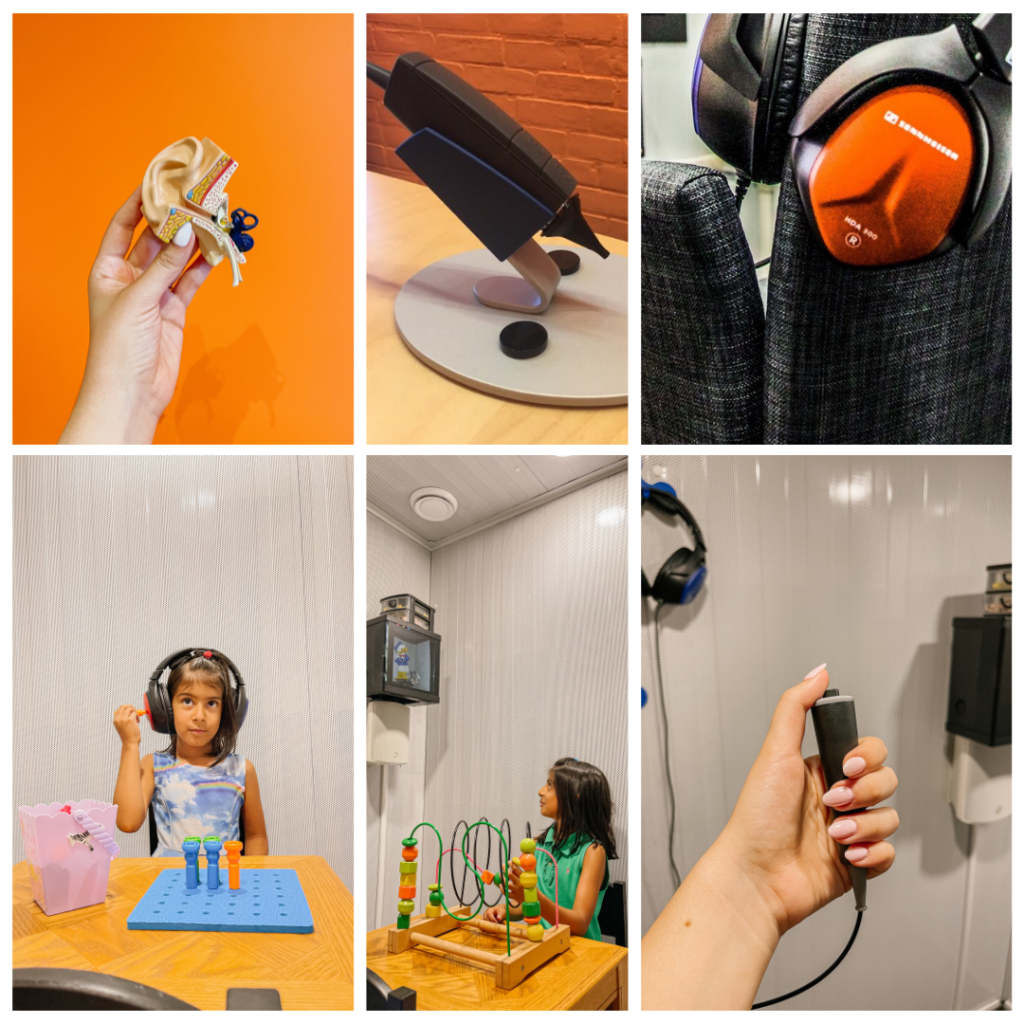Why Isn’t Audiology a Standard Part of Routine Healthcare?
As summer winds down and September approaches, families and students prepare for the back-to-school season. This often includes a checklist of health care appointments, like visits to the dentist, orthodontist, and optometrist. However, audiology rarely makes the list. Despite its importance, hearing health care is often overlooked during routine check-ups.

The reasons for excluding audiology from routine health care aren't entirely clear. It may stem from a lack of awareness or understanding of the significant impact that hearing health can have on development, education, and overall well-being.
The Importance of Regular Hearing Tests
I believe everyone, from infancy to old age, should have their hearing tested routinely every two years when no issues or concerns are present. However, annual testing is advisable for those with identified hearing loss or who have expressed concerns. A comprehensive baseline assessment should include standard tests like otoscopy, tympanometry, acoustic reflex testing, and speech and tone audiometry for standard frequencies. It should also incorporate advanced testing, such as masked bone conduction tests for each ear, rollover assessment, speech-in-noise testing, loudness discomfort levels, and extended high-frequency testing. Comparing annual assessments to baseline levels allows for early detection and intervention, thereby enhancing patient outcomes.
Barriers to Audiology: Billing and Insurance Challenges
One obstacle to incorporating audiology into regular health care routines is the issue of billing. Unlike some other health care services, audiology is not covered by provincial health insurance programs in Canada, including Ontario. While services like optometry, dentistry, and physiotherapy are often not covered by public health plans either, many patients accept the cost because these services are usually covered under extended health insurance. However, insurance coverage for audiology services remains limited, often only covering hearing aids and not the assessments themselves. If routine audiology assessments were covered by insurance, it might encourage more people to include these checks in their healthcare routines. The lack of coverage may be a key reason why people only seek audiology services when they notice hearing problems.
Common Misconceptions About Audiology Referrals
Recent studies have highlighted the connection between hearing health, cognitive decline, and the risk of falls. The burden of hearing loss is significant worldwide. The World Health Organization ranks hearing loss as the third most prevalent burden of disease globally (REF), affecting an estimated 1.57 billion people, or one in five individuals (The Lancet, 2021). Despite its prevalence, many still do not recognize audiology, and many patients report they have never had a hearing test. It seems our healthcare system takes a reactive rather than proactive/preventative approach to hearing health, with referrals to audiologists typically occurring only after a patient reports concerns, rather than as part of routine check-ups.
Raising Awareness: How to Make Hearing Health a Priority
Despite the high prevalence of hearing loss and its serious health implications, awareness about hearing health care remains low. Unlike other health issues, there are no large-scale campaigns to raise awareness about hearing impairment or the role of audiologists. Hearing loss is often seen as a nuisance, a mere inconvenience or an inevitable part of aging. To change this perception, we need increased patient education and more proactive referrals by primary care providers. Audiologists can enhance the visibility of their profession through interprofessional collaboration and increased marketing efforts. By doing so, we can ensure audiology becomes a regular part of routine healthcare.

